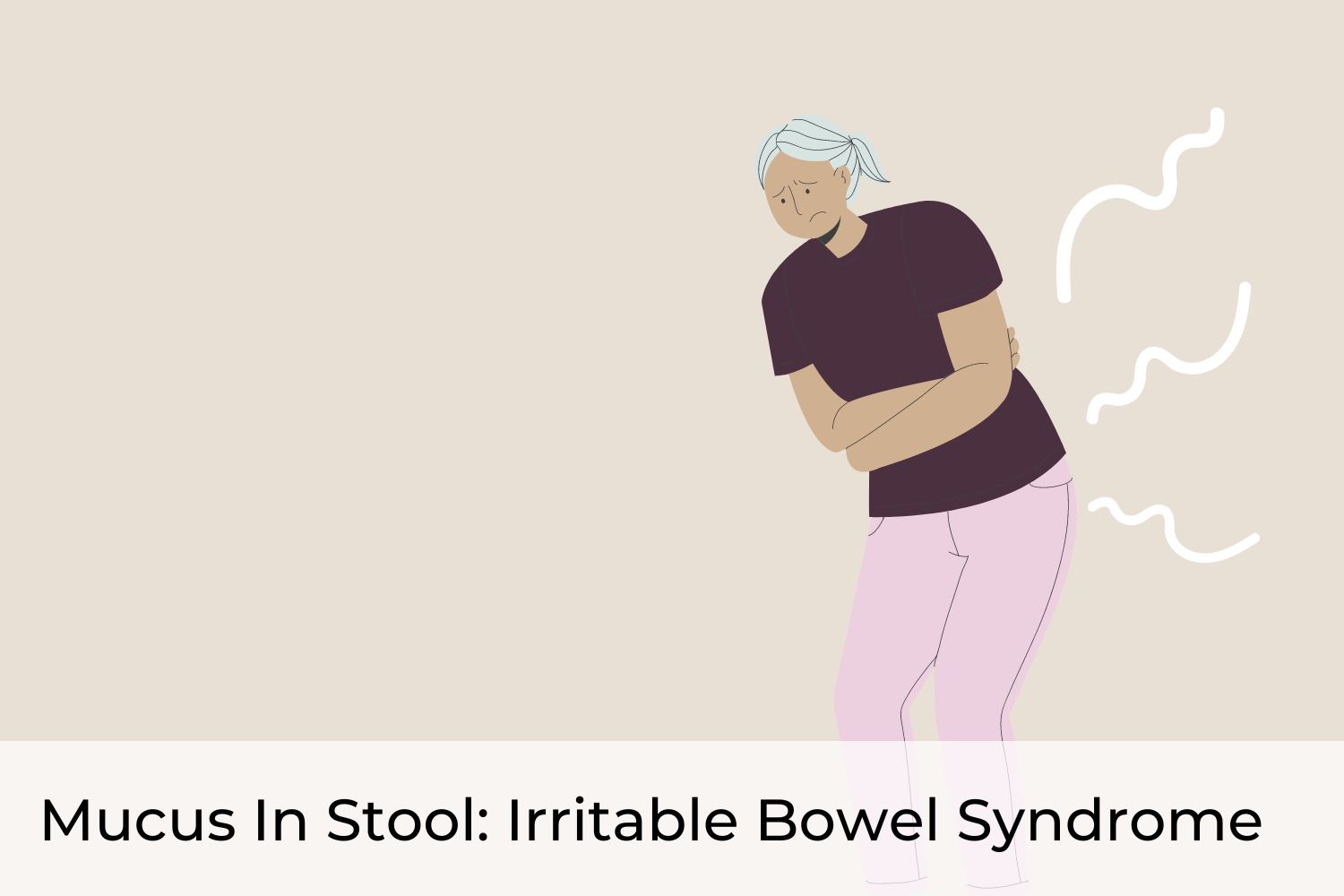
Mucus in the stool is an uncomfortable sight but having to see it chronically is unsettling, especially when there is abdominal pain and alternating constipation that tags along with it. How the disease has two such different symptoms, I do not profess to explain” [1].
Irritable Bowel Syndrome (IBS) is a chronic condition of a functional bowel that can come with abdominal pain, discomfort, bloating, and stool irregularities [4]. According to ROME III criteria, IBS has been classified into four subtypes (a non for profit ROME foundation). Individuals that predominantly have constipation are IBS-C, predominant features of diarrhea are IBS-D, mixed elements of diarrhea, and constipation is IBS-M, while un-subtyped are IBS-U.
Currently, 9%-23% of the world’s population live with IBS, and about 12% of those populations seek a remedy from their Primary Care Physicians [2]. According to American Gastroenterology Association (AGA), IBS is more prevalent in women [2]. Individuals between 30 and 50 tend to reach out to a physician; however, older individuals are less likely to report symptoms. Caucasians and African Americans have a similar prevalence, while lower in Hispanics. Lastly, IBS is present globally, not simply in Western countries. It is also noted that IBS may precede a gastrointestinal infection [4].[1][2]
Mucus in the Stool Causes
It is anyone’s guess, but some workable theories shed some understanding and may help manage IBS symptoms better.
Let’s start with that lingering stress or anxiety that we all have. According to AGA, individuals with IBS under psychosocial stress or anxiety are more susceptible to Gastrointestinal (GI) symptoms. Moreover, there is a strong association between symptoms onset and severity of the symptoms [6]. Numerous studies illustrated the association of gastrointestinal infection preceding IBS symptoms, although it is unclear how infections trigger IBS. Hence, making infectious gastroenteritis a vital risk factor for IBS development.
Although food sensitivity is a working theory, dietary modification remains a primary non-pharmacological intervention for IBS patients [2, 6].[3][4]
Serotonin Dysfunction
A perception of a stimulus within the gut can become modulated at a different level while ascending from the peripheral nervous system to the central system. This symptom has been eluded to somatization disorder [2].
While another working theory is that there might be serotonin dysregulation in the GI tract. Our GI tract is laced with several subtypes of serotonin receptors (5-HT) that help in regulating GI motility, sensation, and secretions [2]. Patients with constipation show a reduced concentration of 5-HT receptors, while patients with diarrhea show an increased concentration of 5-HT. With knowledge of both theories, physicians have been prescribing various types of antidepressants to help individuals with IBS cope with their symptoms.[5][6][7]
Symptoms of Mucus in the Stool
The top symptoms of IBS are abdominal pain, constipation, diarrhea, bloating, belching, and gas.
Abdominal Pain: Abdominal pain or discomfort is the most common symptom associated with alternating bowel movements (constipation and or diarrhea). Characteristic of Abdominal pain is often cramping with fluctuating intensity.
Diarrhea: About 50% of IBS individuals who have diarrhea observe mucous in stool. Most IBS individuals experience diarrheal episodes during the daytime, which usually occur after a meal [6].
Constipation: Generally, it is intermittent but lasts for days. Having such a false sensation can make individuals sit and strain on the commode for too long [6].
Tests & Diagnosis
Ruling out is the best way to go. For example, doing tests for alternate conditions such as Celiac, Inflammatory Bowel Disease, microscopic colitis, and malabsorption will help physicians understand what the patient does not have. It is a lengthy and frustrating process for both patient and the physician. However, a thorough history and clinical observation can help generate a working diagnosis. According to ROME III criteria for IBS, individuals must have an onset of symptoms six months before the diagnosis. Recurrent abdominal pain and discomfort for ≥ 3 days per month in the last three months must be observed with two or more of the following features: onset associated with either stool frequency or change in stool consistency, and/or improvement with defecation [2, 5, 6].[8][9]
References
- “Bristol stool scale”. https://en.wikipedia.org/wiki/Bristol_stool_scale
- “Irritable bowel syndrome”. https://en.wikipedia.org/wiki/Irritable_bowel_syndrome
- “Gastrointestinal-specific anxiety: an important factor for severity of GI symptoms and quality of life in IBS”. https://pubmed.ncbi.nlm.nih.gov/20367800/
- “Role of infection in irritable bowel syndrome”. https://pubmed.ncbi.nlm.nih.gov/17238025/
- “[Role of serotonin in the pathophysiology of the irritable bowel syndrome]”. https://pubmed.ncbi.nlm.nih.gov/18175558/
- “Serotonin receptor modulators in the treatment of irritable bowel syndrome – PMC”. https://pmc.ncbi.nlm.nih.gov/articles/PMC2503665/
- “Antidepressants for irritable bowel syndrome – PMC”. https://pmc.ncbi.nlm.nih.gov/articles/PMC7145118/
- “Irritable Bowel Syndrome Causes, Signs, Symptoms, Diagnosis”. https://www.dailymeded.com/ibs-irritable-bowel-syndrome-causes-signs-symptoms-diagnosis/
- “Irritable Bowel Syndrome | Abdominal Key”. https://abdominalkey.com/irritable-bowel-syndrome-8/
- “Mucus in Stool: Causes & When To Be Concerned”. https://my.clevelandclinic.org/health/symptoms/mucus-in-stool


